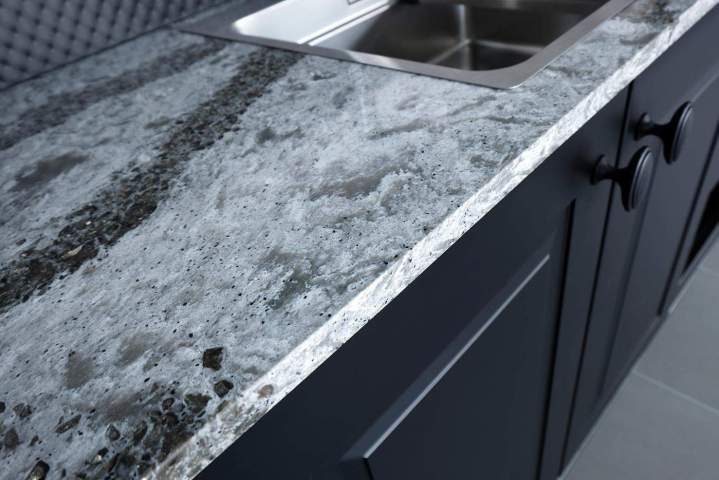How Does Quartzite Differ From Quartz Countertops?

At The Stone Company Inc., we know that choosing between quartzite and quartz countertops can be challenging. Understanding their key differences helps you make the best decision for your kitchen or bathroom.
Natural Origins and Composition
One of the biggest differences between quartzite and quartz countertops is their origin. Quartzite is a natural stone, formed through the metamorphosis of sandstone under intense heat and pressure. This process gives quartzite its distinctive appearance, with unique veining and a variety of color options. Quartz countertops, on the other hand, are engineered, made from a blend of crushed quartz and resin. While quartz is also durable, it is not naturally occurring like quartzite.
The Stone Company Inc. offers both options, allowing you to choose between the authentic look and feel of quartzite or the customizable variety that comes with engineered quartz. Quartzite tends to have a more natural, rugged appearance, making it ideal for those who want a one-of-a-kind, organic aesthetic, while quartz offers consistent patterns and colors. Understanding these differences can help you select the countertop that best fits your design vision and functional needs.
Durability and Maintenance
Both quartzite and quartz countertops are known for their durability, but there are some key distinctions in terms of maintenance and performance. Quartzite is incredibly hard and resistant to scratches and heat, making it an excellent choice for high-use kitchens. However, because it is a natural stone, it requires sealing to protect against stains and moisture. Quartz countertops, being non-porous, don’t need sealing, making them easier to maintain in terms of preventing stains. They are also highly resistant to scratches and heat, though not quite as impervious as quartzite.
At The Stone Company Inc., we offer a range of quartz and quartzite options, and our team is here to guide you through understanding the differences. If you prioritize low-maintenance surfaces, quartz might be the right choice, but if you're looking for a more natural, hard-wearing stone, quartzite will provide the durability and beauty you're after.